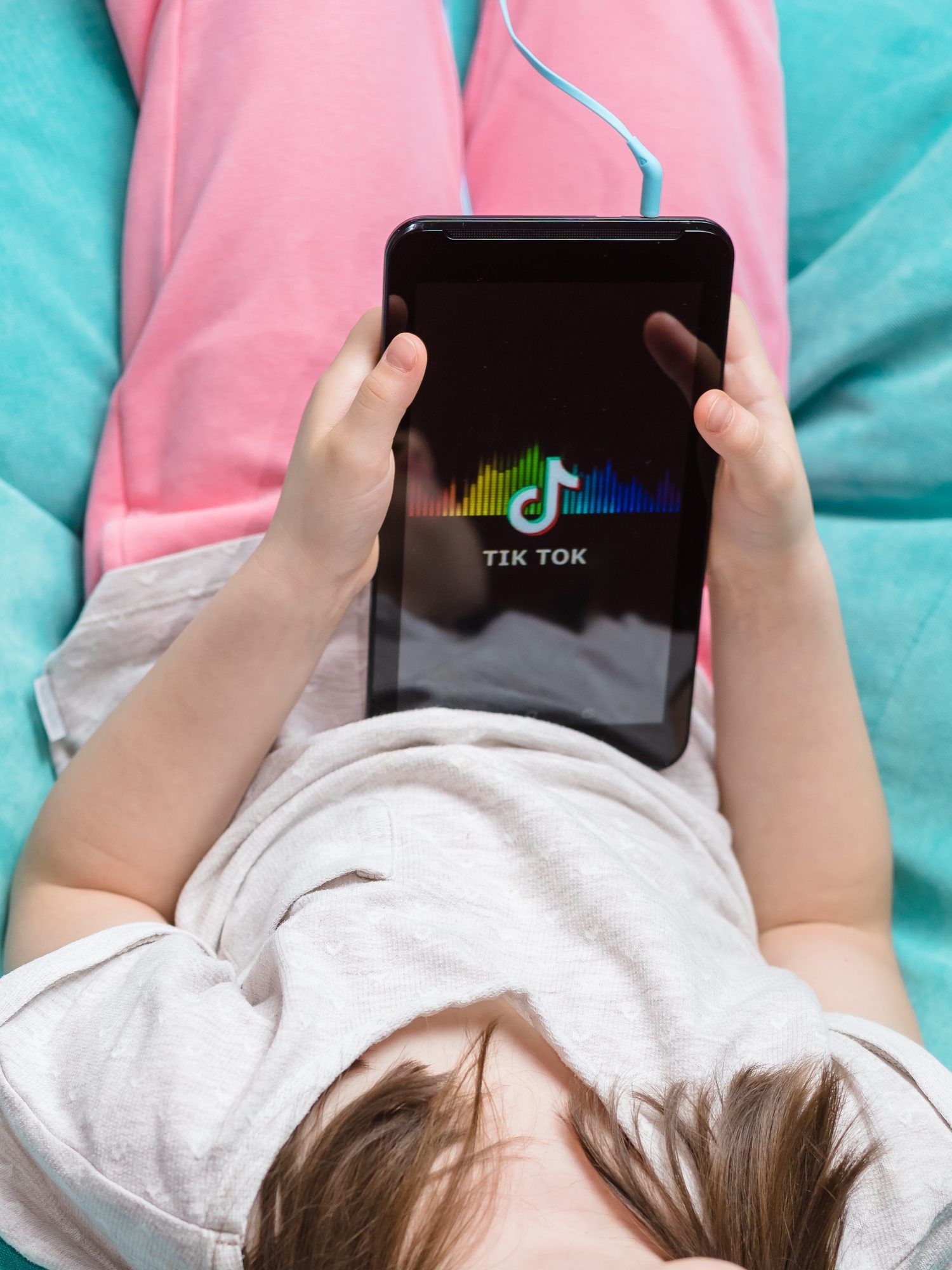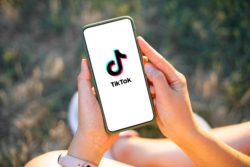Top Class Actions’s website and social media posts use affiliate links. If you make a purchase using such links, we may receive a commission, but it will not result in any additional charges to you. Please review our Affiliate Link Disclosure for more information.

TikTok is once again facing potential legal action, this time brought by a 12-year-old girl in England.
TikTok Allegedly Violates Privacy Law by Using Children’s Data
The girl hopes to take legal action against the video-sharing app, claiming the company’s use of children’s data violates privacy law, the BBC reported.
If the case goes ahead, the girl will be allowed to remain anonymous due to the potential for cyber-bullying if her identity were released, a court ruled at a recent preliminary hearing.
Anne Longfield, England’s children’s commissioner, support’s the girl’s action, believing TikTok has indeed broken data protection laws in both the U.K. and EU.
She said she hopes the case will lead to the implementation of even greater protections for children under 16 in England and elsewhere, the BBC reported.
Longfield believes TikTok collects children’s data for its algorithm that recommends videos in order to draw attention and create ad revenue.
During a video hearing, Longfiled told London’s High Court she hoped the case would ultimately lead to TikTok’s deletion of the girl’s data. She also hopes it will set a precedent.
TikTok, for its part, maintains it had “robust policies” regarding children’s protection in place and didn’t allow anyone younger than 13 to join the platform.
TikTok Trouble In Other Countries
TikTok has faced penalties regarding data protection in other countries.
In February 2019, the U.S. Federal Trade Commission (FTC) issued a £4.3 million fine for the app, the largest ever in a U.S. case involving the privacy of children’s data, the BBC reported.
The company also agreed to implement new policies for users younger than 13.
According to the BBC, the FTC said Musical.ly app — later acquired by TikTok — knowingly hosted underage users’ content.
An FTC report said the Musical.ly app had 65 million U.S. users — a “large percentage” of them being underage.
The BBC reported TikTok’s parent company, ByteDance, which is based in China, acquired Musical.ly in 2017. ByteDance incorporated it into the TikTok app, and discontinued the Musical.ly app.
“For the first three years [of its existence], Musical.ly didn’t ask for the user’s age,” an FTC statement said.

The FTC ordered TikTok to delete the children’s data.
Since then, U.S. TikTok users have been required to verify their age when opening the app; however, it is easy for one to lie about their birthdate and evade the rule.
Despite the fine and the new age-verification rule, TikTok said at the time it would not require users in other countries, including the U.K., to verify they were of a certain age.
The company’s settlement in the U.S. did not include any admission of wrongdoing on the part of TikTok.
Then in July 2020, the company was fined again over its handling of children’s data, this time by South Korea.
The Korea Communications Commission (KCC) fined the company £123,000, saying TikTok collected the data of users younger than 14 without their guardians’ consent, the BBC reported. The fine equalled about 3% of the platform’s annual revenue.
During an investigation that began in 2019, the KCC found that over six months, the app collected more than 6,000 records that involved children. This collection violated local privacy law.
TikTok also failed to inform users their data was being transferred overseas, according to the KCC.
India banned the app entirely in June 2020 after tensions escalated with China over a border dispute, the BBC reported.
Also in June, TikTok announced it would be pulling out of the Hong Kong market after new security laws were enforced.
The new law restricted freedoms in China, according to the BBC, which has raised concerns about social media platforms being subjected to official oversight.
The Children’s Code Takes Effect
New children’s privacy regulations came into effect in September.
The Information Commissioner’s Office (ICO) implemented the Age Appropriate Design Code, or Children’s Code, after two years of work on the law.
The goal of creating the law was to establish standards for internet services that protect children’s safety.
The Children’s Code applies to organisations designing, creating or supplying online services such as apps, streaming services and social media sites. The code is enforced for firms or organisations that collect and store users’ profile data.
Organisations have been given one year to come into compliance with the Children’s Code.
Do you or your kids use TikTok? Are you worried about their privacy? Let us know in the comment section below.
Check back daily for the most recent U.K. class action lawsuit and consumer protection news.
ATTORNEY ADVERTISING
Top Class Actions is a Proud Member of the American Bar Association
LEGAL INFORMATION IS NOT LEGAL ADVICE
Top Class Actions Legal Statement
©2008 – 2024 Top Class Actions® LLC
Various Trademarks held by their respective owners
This website is not intended for viewing or usage by European Union citizens.














